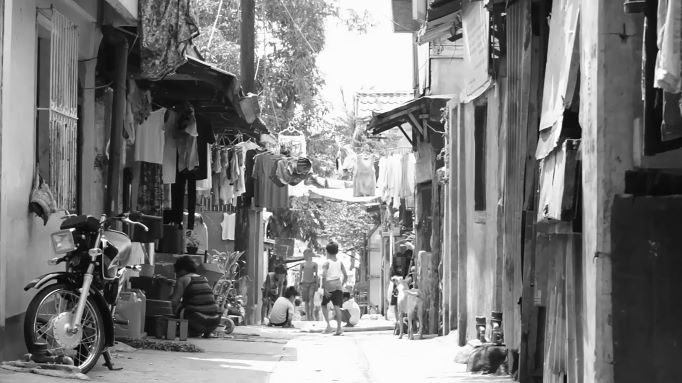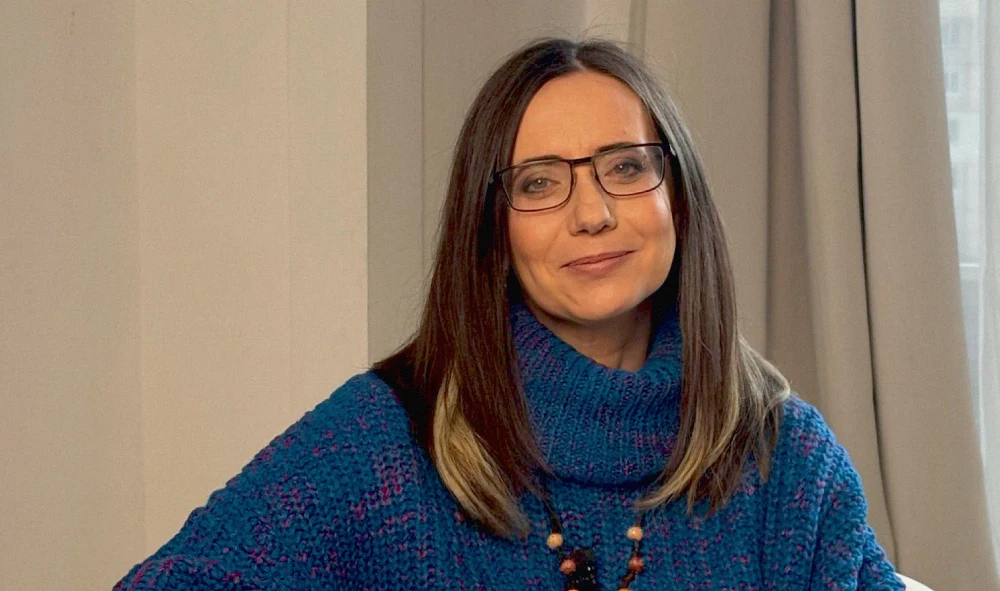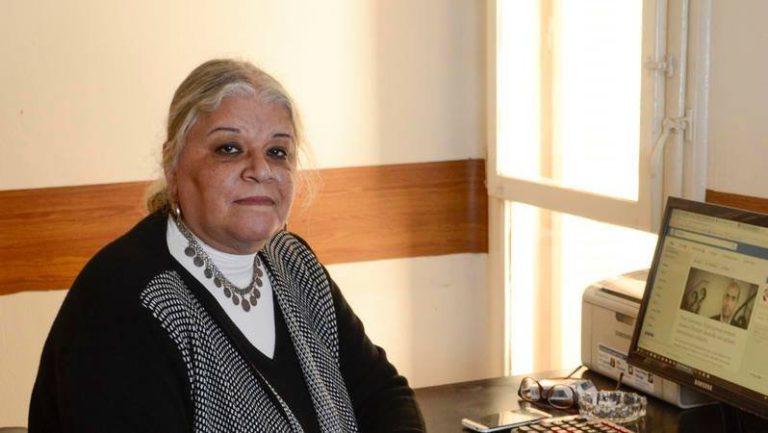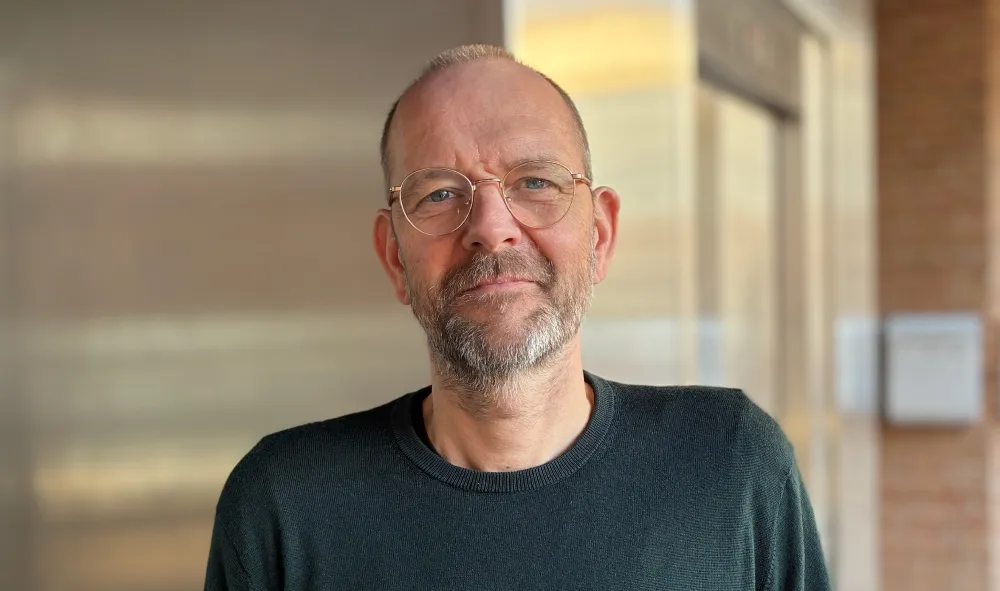DIGNITY Senior Researcher Steffen Bo Jensen and his Philippine colleague Karl Hapal took a closer look at an impoverished urban area in the Philippines and wrote a book about it
The War on Drugs, launched in 2016 by now former Philippine President Rodrigo Duterte, has had lasting negative consequences for security, trust in the authorities, and mutual trust between citizens.
This is the assessment of DIGNITY Senior Researcher and Professor at Aalborg University Steffen Bo Jensen. Together with his colleague Karl Hapal, who works at the University of the Philippines in Quezon City, he has just published the book Communal Intimacy and the Violence of Politics.
In the book, they focus on the impoverished urban area of Bagong Silang in the northern part of Metro Manila and describe the massive consequences that the president’s War on Drugs has had for the area where about 250.000, predominantly poor, people live.
»Hundreds of citizens in Bagong Silang have been killed by police because they were on government watch lists and suspected of being drug personalities. Nevertheless, a study conducted while the War on Drugs was at its height showed that more than 80 percent of the inhabitants in the district supported this war, even though they themselves risked becoming victims of it«, says Steffen Bo Jensen.
The methods of the Philippine War on Drugs have been based on a tradition dating back to the days of dictator Ferdinand Marcos Sr. Authorities seek to solve societal problems by killing the people it considers to be the root of evil. During the War on Drugs, local authorities contributed to the so-called watch lists (popularly aka kill lists) of people allegedly dealing with or using crystal meth – in the Philippines known as shabu.
Tokhang for Ransom
However, the police killings and capture with demands for ransom did not only affect the drug community. The President’s declared War on Drugs gave many people a chance to settle private accounts by reporting others – even completely innocent citizens – to the authorities. In many cases, police officers used the President’s legitimation of brutal measures to enrich themselves through demands for ransom – locally known as Tokhang for Ransom.

Steffen Bo Jensen began his field work in the Philippines back in 2008 and spent six months living in Bagong Silang in 2009-10:
»Back then, the general feeling was that the Philippines was heading in the right direction. But after Duterte’s election victory in 2016 and the declaration of his War on Drugs, police violence escalated«, he says.
Steffen Bo Jensen has experience from studies of other underprivileged urban areas – including in South Africa. In his opinion, the Philippines or even Bagong Silang did not and does not have a particularly big drug problem compared with other urban areas.
»In fact, when I first lived in Bagong Silang, I perceived the place as quite safe. But during his election campaign in 2016, Duterte managed to arouse a latent anxiety among the voters with the claim that the Philippines had a huge drug problem that had to be combatted«, says Steffen Bo Jensen.
The district became less safe
The War on Drugs peaked in the years 2016-18. In the district – the barangay – Bagong Silang alone, several hundred people were killed by the police because they – justified or not – were listed as drug personalities. And today, the district is less safe to live in.
»In Bagong Silang, the inhabitants live very close to each other. This, of course, produces intimacy. They have an enormous degree of knowledge about each other, but the War on Drugs and the informing on neighbours have had serious negative consequences for the unity and solidarity that is normally poor people’s greatest asset«, says Steffen Bo Jensen.
In the Philippine presidential election in early May 2022, Ferdinand Marcos Jr., son of the country’s late dictator Ferdinand Marcos Sr., was elected President. According to Steffen Bo Jensen, the War on Drugs will not resume with the same intensity as during Duterte’s first few years as president:
»The War on Drugs was never Marcos’ idea. So I don’t expect him to continue in the same manner. But this does not mean that the state will stop killing people. The violence against activists and political opponents of the political elite has been increasing and may well be intensified under Marcos. He is very much a man of the Philippine elite that have always protected themselves with violence against attacks on their privileges«, says Steffen Bo Jensen.
Steffen Bo Jensen is still working in Bagong Silang with local partners on a project on young persons’ path through the criminal justice system and has, together with others, published a report on how state violence affects families in the Philippines and elsewhere.
Steffen Bo Jensen and Karl Hapal: Communal Intimacy and the Violence of Politics – Understanding the War on Drugs in Bagong Silang, Philippines. Published by Cornell University Press. 204 pages. Read more about the book here.
Photo from Bagong Silang (top of page) by Jayneca Reyes.





